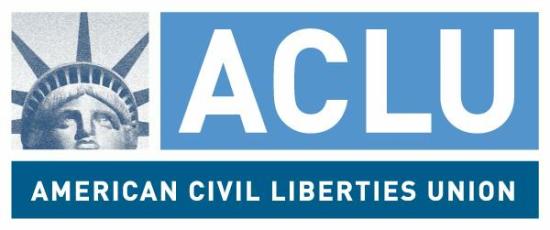A wide-ranging discussion, plus some music by Chyi Yu
UPDATED! I’ve always been moved by these scenes from an early Wayne Wang film called Dim Sum: A Little Bit of Heart — not least for the musical score, which combines the Chinese zheng with the Western saxophone in a beautiful example of musical freedom. (Other Chinese and Western instruments are also used.)
America is truly a land of freedom and opportunity — a great melting pot where people have the potential to build happy lives, regardless of their race, religion, or country of origin. America is also a land of hatred, bigotry, violence, and discrimination against minorities. Both things are true, but I continue to believe that it is the former, eminently positive view of America which is the most significant and enduring one.
Our founding fathers were bound to some extent by the society into which they were born, in which they moved, and by the customs of the day; yet they created a blueprint for America which was flexible enough to allow for change as change became both necessary and inevitable.
When a flower blooms, it does not bloom all at once. It may begin to blossom, but be turned back by a sudden cold snap, drought, or torrential rain. Yet, if it is not uprooted entirely, it weathers these vicissitudes, and in time reveals outwardly its inner beauty. Its full blossom represents the fruition of its inherent potential and cosmic purpose.
As nature is cyclical, so the soul of a nation is cyclical. I would be so bold as to say that the soul of America is slowly blossoming, and that the cycles through which it moves include both freedom and repression — an enlightened longing for harmony with all peoples, and an ignorant return to nativist expressions of violence.
I am deeply saddened by the increase in violence against Asian-Americans, punctuated by the Atlanta shooting spree which left six Asian-American women dead. Many people have written about this tragedy and outrage, including Jiayang Fan in The New Yorker:
A senseless massacre can be painfully clarifying about the state of a country. As the killing of George Floyd and countless other African-Americans have made clear, structural racism has become simultaneously mundane and pathological. The incendiary rhetoric of a racist former President combined with the desperation stoked by an unprecedented pandemic has underscored the precariousness of a minority’s provisional existence in the U.S. To live through this period as an Asian-American is to feel defenseless against a virus as well as a virulent strain of scapegoating. It is to feel trapped in an American tragedy while being denied the legitimacy of being an American.
Shortly after Donald Trump referred to COVID-19 as the “China virus” and the “kung flu,” I tweeted about the experience of being called “a Chinese bitch” outside my apartment while taking out the trash. These kinds of racialized incidents — of men mocking me while I spoke Chinese on the phone, of strangers making bets about my ethnicity on the subway — began occurring with such regularity that I no longer wanted to record them.
…
Misogyny and racism have never lived neatly in their separate categories; they ravage by mutually reinforcing a narrative of a dehumanized “other.”
Those who’ve read my posts about harassment of spiritual minorities would recognize a common theme here: that of the dehumanized other. One of the long-term solutions I recommend is cultural and spiritual literacy — something which does not seem to be taught in our schools, and cannot be assumed to emerge naturally from our dumbed-down populist culture. Yet, as America becomes an increasingly multicultural and multireligious society, cultural and spiritual literacy is the glue we need to build a harmonious society which fulfills America’s inherent potential, and its cosmic destiny. Cultural and spiritual literacy is both a building block toward a tolerant society, and an antidote to the scapegoating of minorities. Cultural and spiritual literacy means putting faces on people who are faceless, and discovering the humanity in people who have been dehumanized by bigots and hatemongers. Continue reading

